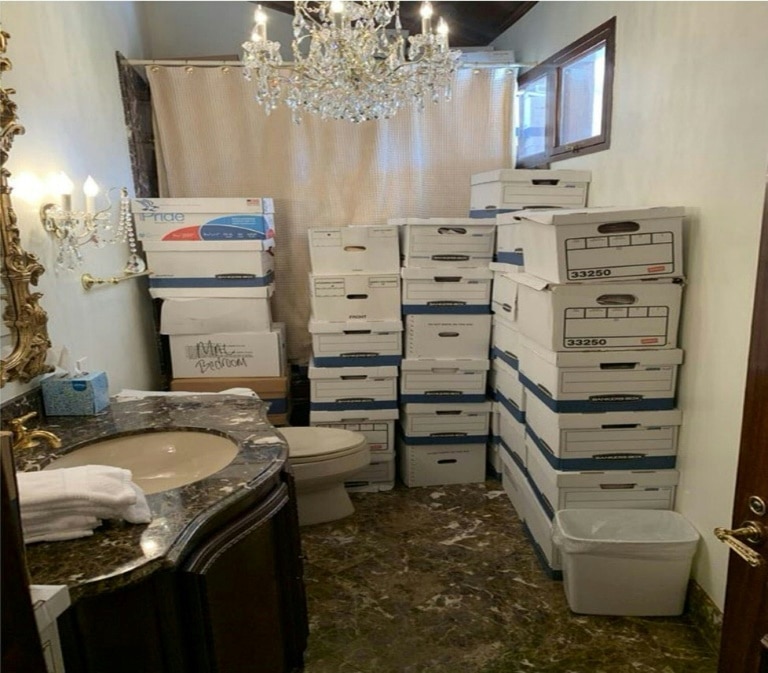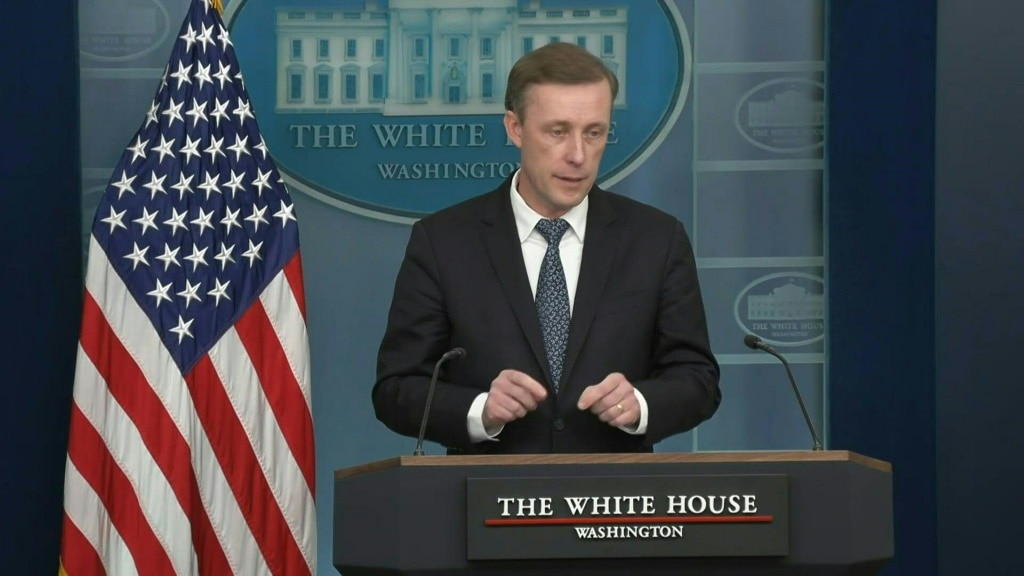‘National scandal’: Barely 1-in-100 rentals is affordable for essential workers
The housing market has produced a ‘national scandal’ where few rentals are affordable for the nurses, educators and construction workers Australia relies on.
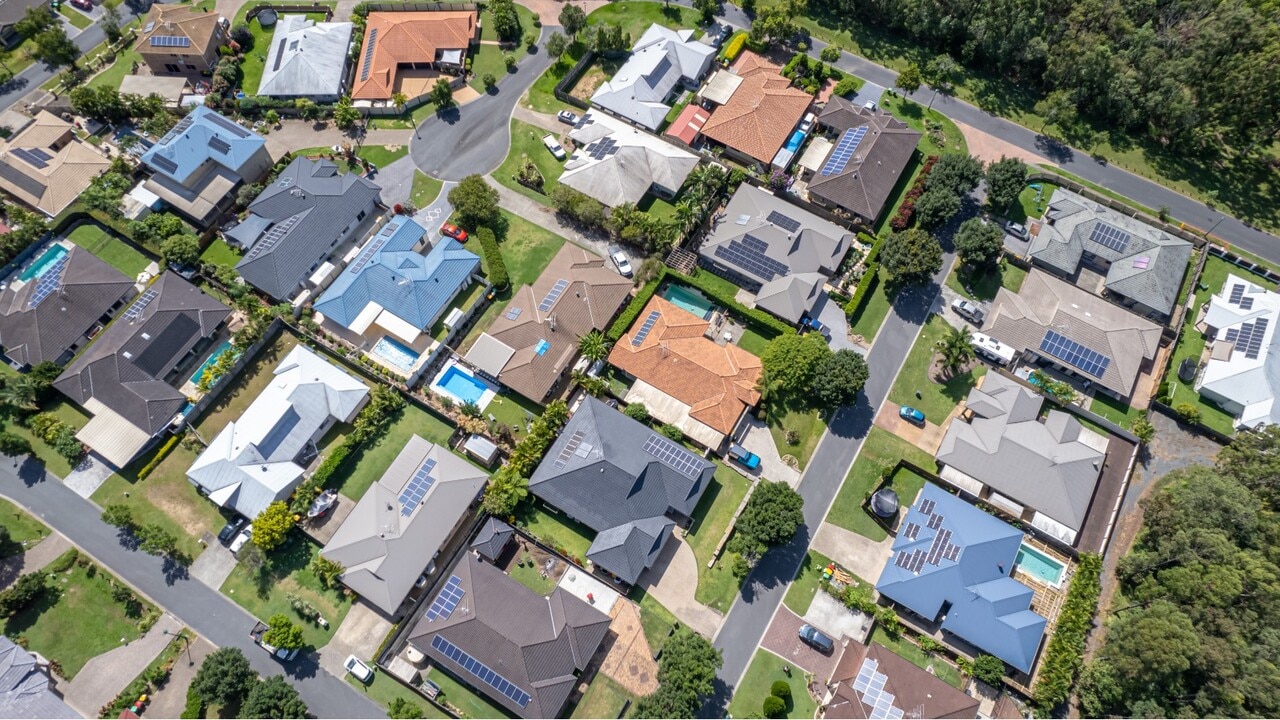
Breaking News
Don't miss out on the headlines from Breaking News. Followed categories will be added to My News.
Barely one-in-100 rentals in Australia can be afforded by the average nurse, construction worker, early childhood educator or hospitality worker.
Anglicare Australia has crunched the numbers and finds essential workers who can get a rental have essentially no money left to live their lives.
The research surveyed more than 45,000 rental listings across the country in March. For an ambulance worker, 2.2 per cent of the rentals are affordable. It is all downhill from there for aged care workers, nurses, early childhood educators, construction workers, and then lastly 0.8 per cent of rentals are affordable for hospitality workers.
“It should be a national scandal that so few of our essential workers can afford to keep a roof over their head,” Anglicare Australia executive director Kasy Chambers said.
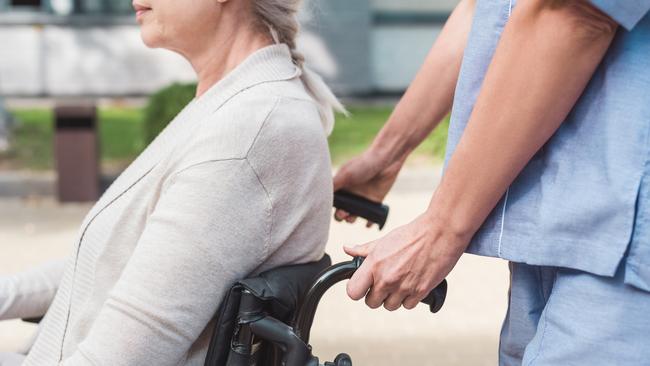
Wages have grown at 4 per cent in the past 12 months to mid-2014, while rents have increased 7 per cent.
The Anglicare analysis measures affordability against the adult award wage for each industry.
It is no mystery why essential industries are severely short-staffed, Ms Chambers says.
“Virtually no part of Australia is affordable for aged care workers, early childhood educators, cleaners, nurses and many other essential workers we rely on.
“It’s no wonder so many critical industries are facing worker shortages.”
While rents have increased 7.3 per cent in the past year, housing as a whole has increased 5.2 per cent.
House prices have fallen in half of Sydney’s suburbs, and the Melbourne median house price is coming down.
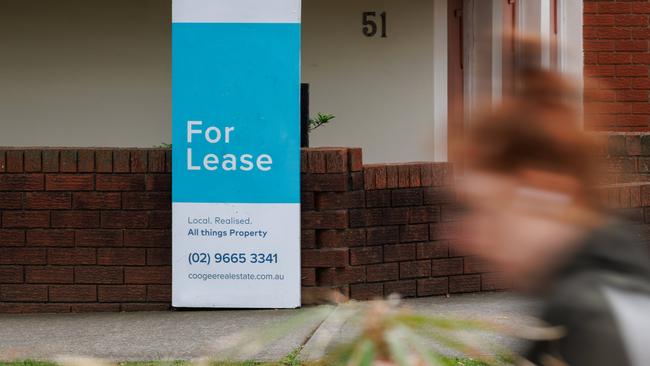
But the Anglicare research shows moving to the regions – once a reliable option for someone to buy a home, or rent cheap while they work and save some money – is barely more affordable than the cities.
Measured against an average cleaner’s wage, there were two affordable rentals in Cairns in March; March is outside of the traditional tourist period in the North Queensland hotspot.
At the same time, the Illawarra had three rentals a cleaner could afford, Mandurah on the southern edge of Perth had one, and the Mornington Peninsula had three.
There were zero listed rentals a cleaner could afford on the Central Coast, the Gold Coast, the Whitsundays, Moreton Bay, southeast Tasmania, Shoalhaven, Toowoomba or in the northern half of the WA outback.
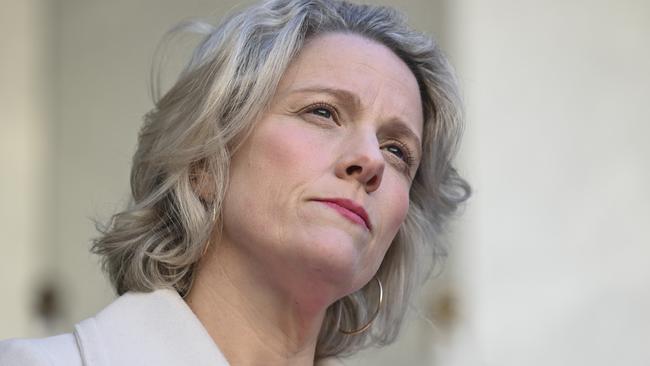
Anglicare points out workers in the care industries have likely invested in their education, accepted they are working essential roles for minimal wages and are now being forced to forgo food to afford a place to live.
Social and affordable housing is the solution, Ms Chambers says.
“Building general homes and hoping affordability will trickle down simply isn’t working.”
“We are also calling for tax reform to put people in need of homes, not investors, at the centre of our system.
“Momentum is building to change this system once and for all. These results are dire, but they are also an opportunity for change.”
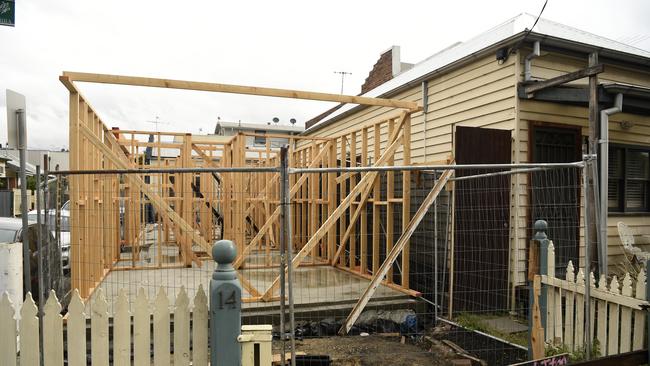
Less than two weeks out from the Queensland election, the Prime Minister and Treasurer were in the Sunshine State on Tuesday, to announce funding to build 1100 general, social, affordable and rental homes in and south of Brisbane.
Federal Housing Minister Clare O’Neil was given the portfolio in a shake-up in July.
The holder of a Masters in Public Policy from Harvard has been at the helm of the government’s latest reform push, which saw its Help To Buy Bill reintroduced for a second time last week, after the Greens thwarted the scheme in the Senate.
The government’s home guarantee scheme has however had a positive effect.
Labor’s expanded home guarantee scheme helped 43,800 people – including over 11,000 key workers – buy a home in the most recent financial year, up 34 per cent.
Originally published as ‘National scandal’: Barely 1-in-100 rentals is affordable for essential workers


